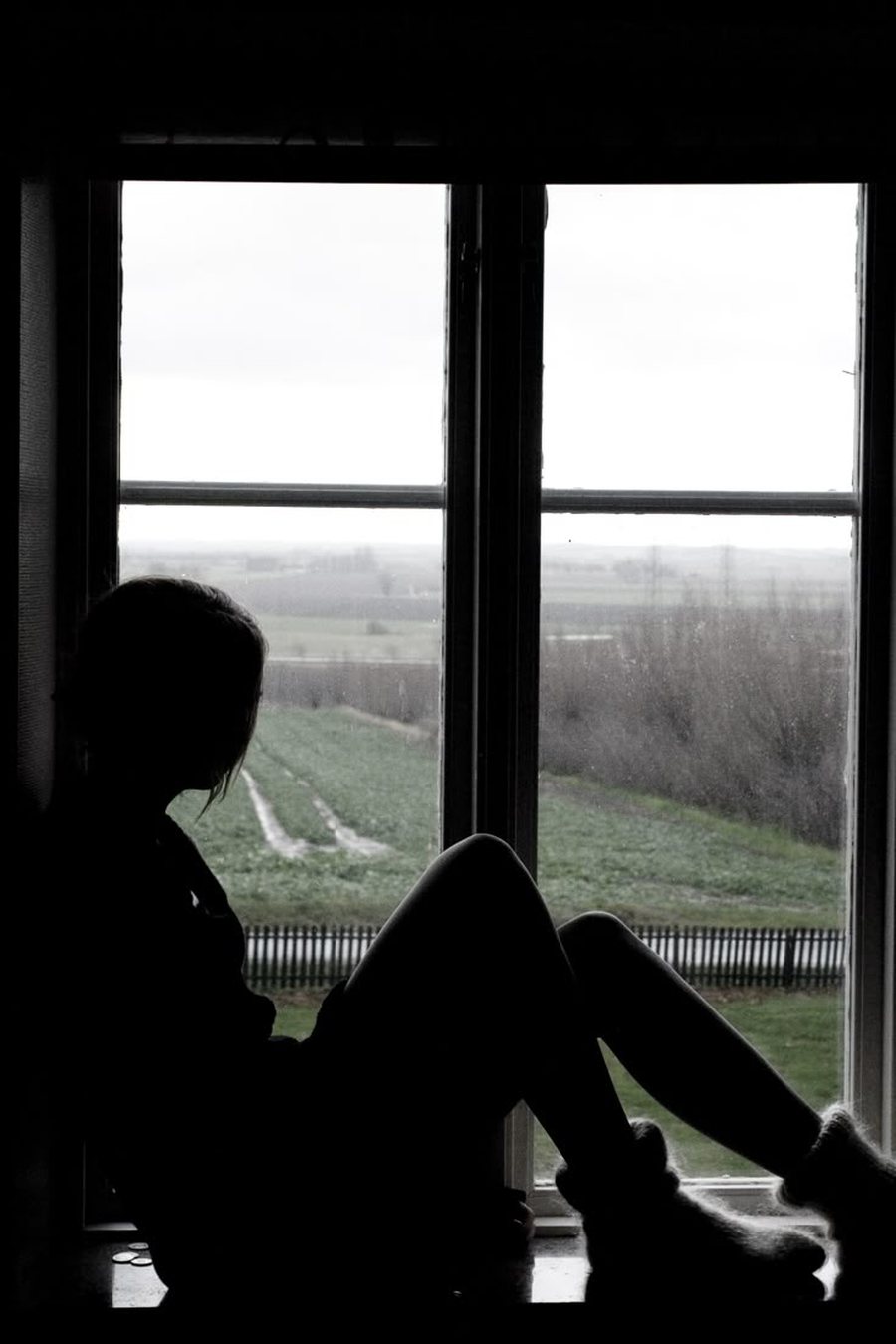
About one in six people worldwide say they feel lonely and hundreds of thousands die each year because of it, according to a new report from the World Health Organization (WHO). While men and women report similar levels of loneliness, teenage girls appear to experience this feeling more intensely than any other social group.
The WHO Commission on Social Relations has investigated in depth which groups are most at risk of social isolation and what this means for their health and well-being. According to the report, young people are the most affected: 20.9% of adolescents and 17.4% of adults under 30 say they feel lonely. This figure drops to 11.8% for people over 60.

Although overall rates are similar between men and women, teenage girls appear to be the most vulnerable group, with 24.3% stating that they experience loneliness.
“There are many factors that contribute to loneliness and isolation,” said Dr. Vivek Murthy, co-chair of the WHO committee.
Among them, he mentioned physical and mental health, which can lead to further isolation, social marginalization, and the use of digital media in harmful ways.
The WHO distinguishes loneliness from social isolation: someone is considered socially isolated when they do not have sufficient social connections, while loneliness is the painful feeling that arises when the relationships they desire are not available.

Data on social isolation is more limited, but the Commission estimates that it affects up to one in three older people and one in four young people. Loneliness and isolation have serious health consequences: they are linked to an estimated 871,000 deaths per year and an increased risk of stroke, heart disease, diabetes, cognitive decline and mental illness.
On the other hand, having strong social relationships can significantly improve health and even increase lifespan.

WHO experts are calling on national governments to make loneliness a policy priority, proposing more research and strategies that help in this regard.
Some countries have already undertaken such policies. Sweden, for example, launched a €30 million program this year to combat loneliness, with initiatives such as active assistance to elderly people who may be isolated.







